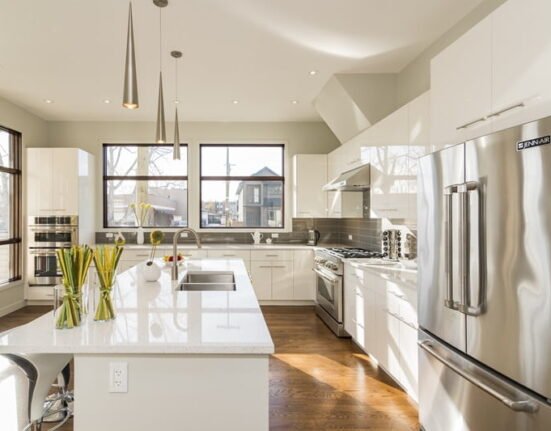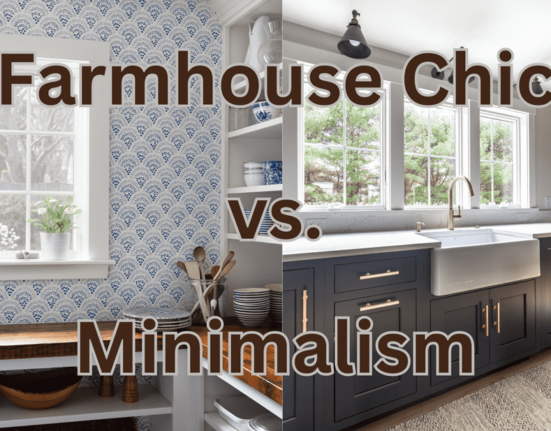Composite decking is created using artificial materials, not natural timber. The materials are made with an engineered combination of ingredients that put together wood fibers and inorganic materials such as bonding agents and plastic. Composite decking is normally made from organic wood and plastic or pure polymer. While you may be considering traditional wood decking, the composite option comes with more rewards. Discussed below are four reasons to choose composite decking.
1. Composite decking is environmentally friendly
While there are several other decking materials to consider, composite decking is ideal for anyone seeking to ensure their home reflects sustainability. Composite decking is considered environmentally friendly because it’s manufactured using recycled plastic and wood. This combination results in highly durable, water-resistant, and long-lasting composite decking boards. It also implies they have a reduced environmental impact compared to other decking materials.
Composite decking promotes conservation efforts by lowering the need for wood and recycling and reusing waste materials that would have otherwise ended up in landfills. Also, you don’t have to bother using stains or sealants during and after the installation of composite decking. As such, no toxic or hazardous substances are used, eliminating the risk of negative environmental effects. Note that not all composite decking materials are sustainable. Trusted brands like Harbor Exports provide composite decking export services, and they provide high-quality materials and a wide range of composite decking options.
2. Low maintenance
Composite decking resembles natural wood. However, it doesn’t need the high maintenance a PVC or timber decking material requires. Unlike the traditional wooden decks that need painting, replacing, and staining, composite decking doesn’t call for such time and energy-consuming maintenance. It only requires you to clean the deck’s grooves and surface using warm, soapy water and rinse off the debris and dirt at least twice a year. Composite decking doesn’t succumb to warping, splitting, fading, or splinters, regardless of the weather. Note that you can damage your composite boards by:
- Using a pressure washer with the wrong settings
- Not making a fire pit heat barrier
- Not using the right outdoor rug
3. More durable than wooden decks
For a traditional wooden deck to serve you long enough, you must keep up with regular maintenance, which includes sealant application and sanding to ensure it doesn’t degrade. A composite deck lasts longer and requires power washing at least once a year, which saves you money and time over the life of your outdoor space. Once moisture gets into wooden decking boards, they expand, forming cracks that damage the deck’s structure. This poses a significant threat to their durability.
Composite decking is more moisture and water-resistant, leading to a longer lifespan. Unlike a wood deck prone to termite damage, composite decking is termite-resistant as it doesn’t contain cellulose, which these termites prefer for food.
4. Aesthetics
While wooden decking color choices involve painting or staining in a good number of finishes, they need touch-ups and fresh coats over time. Composite decking comes in various finishes and colors. Some are made to mimic natural cedar, redwood, and other colors, which you may not achieve with wooden decks. In addition, composite deck installation lets you play around with different designs, including color combinations.
Endnote
While there are several decking materials to select from, composite decking is one of the ideal options. Understand why people opt for composite decking to determine if it’s a worthy option.











